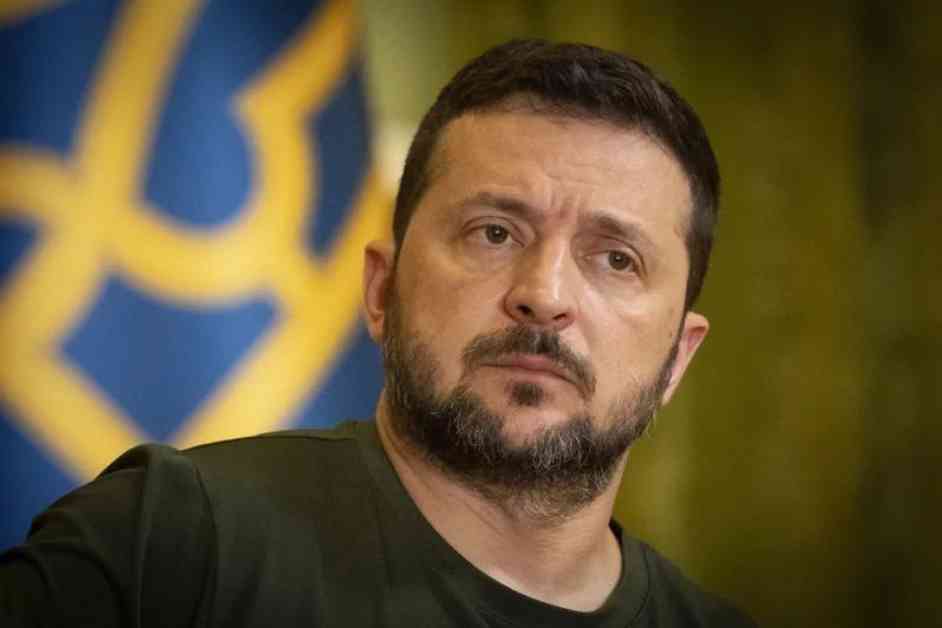Ukrainian President Zelensky has recently visited the Sumy region bordering Russia’s Kursk Oblast following unexpected attacks by Ukrainian forces. Meanwhile, Russian President Putin has accused Ukraine of planning an attack on a nuclear power plant located in Kursk Oblast. The ongoing conflict between Russia and Ukraine has escalated, with Ukrainian forces launching a large-scale attack within Russian territory, catching Russian forces off guard.
Zelensky took to social media to announce his inspection of the border region in Sumy and held discussions with military commanders and local government leaders. He emphasized the need to strengthen defenses in the frontline areas of Toretsk and Pokrovsk in the Donbas region, where intense fighting continues. Ukrainian security sources reported that Ukrainian forces targeted the Marinovka airport in Volgograd, weakening Russia’s air superiority and significantly reducing their aircraft’s combat capabilities.
On the other hand, Putin accused Zelensky of planning an attack on a nuclear power plant located approximately 50 kilometers from the Russian border in Kursk Oblast. However, the Kremlin leader provided no evidence to support his claims and did not offer further details about the alleged attack. The situation remains tense as both sides engage in military actions and accusations against each other.
Subheadings:
1. Ukrainian Forces’ Unexpected Attacks
2. Zelensky’s Visit to the Sumy Region
3. Putin’s Accusations Against Ukraine
The conflict between Russia and Ukraine has drawn international attention, with the United States closely monitoring the situation. As tensions continue to rise, concerns grow about the potential for further escalation and the impact on regional stability. The involvement of external actors and the use of advanced weaponry raise the stakes in the conflict, posing challenges for diplomatic efforts to resolve the crisis peacefully.
In response to the escalating conflict, CNN journalists attempted to report from Kursk Oblast in Russia, only to face criminal charges for allegedly entering the territory controlled by Ukrainian forces illegally. The media’s role in covering the conflict has become increasingly challenging, with both sides restricting access and controlling the narrative to suit their agendas.
Furthermore, Ukraine’s use of American-made weapons to destroy a Russian pontoon bridge highlights the evolving nature of the conflict and the international dimensions of the crisis. The strategic implications of such actions reverberate beyond the immediate battlefield, shaping perceptions of the conflict and influencing the dynamics of the ongoing war.
As the conflict intensifies, regional stability is further undermined by the involvement of external actors and the risk of unintended consequences. The potential for miscalculations and misinterpretations of actions poses a significant threat to peace and security in the region, necessitating careful diplomacy and de-escalation efforts to prevent further escalation of the conflict.
In conclusion, the conflict between Russia and Ukraine continues to escalate, with both sides engaging in military actions and accusations against each other. The international community closely monitors the situation, recognizing the implications of the conflict for regional stability and global security. Diplomatic efforts are essential to prevent further escalation and facilitate a peaceful resolution to the crisis.












